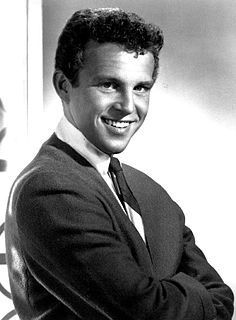A Quote by Robin Leach
So, you're seeing the Rolls-Royces and the Bentley's still selling for big prices. You're seeing jewelry still selling, art works at auction. There was a diamond that sold for I think 38 million, 48 million, something like that just a week ago. So prices are back up to their highs, getting stronger and more and more people seem to have more and more money to spend.
Related Quotes
We're more familiar with what economists call an English auction - prices start low and rise as people bid. However, there is also the Dutch auction, where prices start high and go lower until somebody bites. Movies are sold to the audience via a very slow Dutch auction, where each phase between price drops can last weeks or months.
We think of prices as simply the notation of how much we must pay for things. But the price system accomplishes far more than that. Hundreds of millions of people buying and selling, and abstaining from buying and selling, generate a system of signals - prices to producers and consumers about relative scarcities and demand. Through this system, consumers can convey to producers their subjective priorities and entrepreneurs can invest accordingly.
I think the future fashion will be more and more separated-like, on one side would be big distribution, and on the other side there will be high-level prêt-à-porter and couture. I mean, the prêt-à-porter is already couture in a way for the prices and the way that it's made. The big distribution will allow people to dress in a fashionable way, so this could be for everybody. This part of the big distribution will be stronger and stronger, but the other part we are coming up on is more and more rich people, because we are always thinking about Europe and about America.
I just feel like it's fascinating to me just watching my own family, seeing my cousins have children here, seeing the generations go on, and seeing how people are still very connected to their home, but are actually, of course, Americans too. That sort of a hybrided sense of self is something that I yearn to see more of expressed.
As the stars make more and more money - one person gets $12 million, $14 million, $15 million, $20 million - everyone else is expected to work for peanuts. And that includes some extraordinary actors who are, today, working for peanuts because the production companies have decided they don't need to pay these people, and they don't.






































